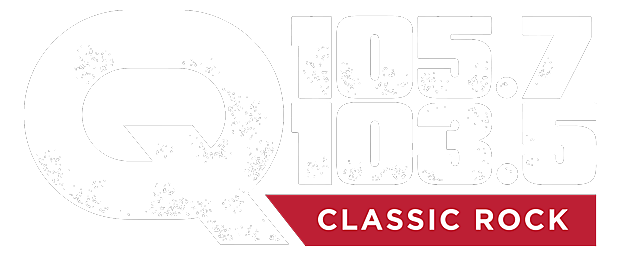
Tech Tuesday – The Watson Computer is now Dr. Watson?
You may remember, that back in February, that a computer called Watson, and built by IBM, took on 2 Jeopardy champions and pretty much beat them in a 2 out of 3 series of matches. I even showed you how to build your own Watson Jr. Super Computers. Now, IBM has moved Watson from game shows to medicine.
Watson would be a tool used by doctors to aid in a diagnosis or by medical students to learn. Watson would get information about a patient's symptoms and history and would then offer suggestions on diagnoses as well as suggestions for treatment. How can it do this? Simple, feed it knowledge.
Watson is being fed information from medical textbooks and journals. It's also getting sample questions from medical students. So it's basically studying and getting pop quizzes. Doctors are also saying it could be fed information from medical blogs as well, so it could be updated with information that are not in texts yet. And inputting the medical history of the particular patient can narrow the information it returns.
If you saw the episodes of Jeopardy, you would have seen how it works. Watson has it's own database, it isn't connected to the Internet, so it won't get information overload. It takes the questions put to it, and gives answers based on it's level of confidence of the answers. The more info Watson has or gets, the better it's answers become.
With all that information, imagine all the possibilities. Double checking a diagnosis as well as act as a comprehensive database, and finding information is as easy as speaking it to through a microphone. But the cost is where the real success of Watson is. In my story about building your own, you can see that Watson can be built with off the shelf parts and software with a little programming to help get the database started. But even if you have IBM build it for you, you can scale Watson to your available budget. And Watson is pretty scalable. So a hospital with a couple million to spend, could get a computer that could spit out an answer in a matter of a day to a couple hours. The bigger you make your computer, the faster you get your answers of course.
But nothing still beats a doctor's brain. While they don't have ALL the answers, Watson can help them to make better decisions with more information on hand. Watson, above all is a fantastic tool, but will never be a replacement for a human. But robots however, I will welcome our new overlords when they arrive.
$>logout
More From Q 105.7






![Teen Survives Fall Through Ice and Getting Trapped Underwater for 15 Minutes [Video]](http://townsquare.media/site/43/files/2015/02/RS5730_145836109-scr.jpg?w=980&q=75)


